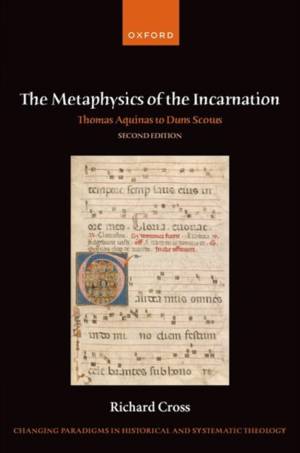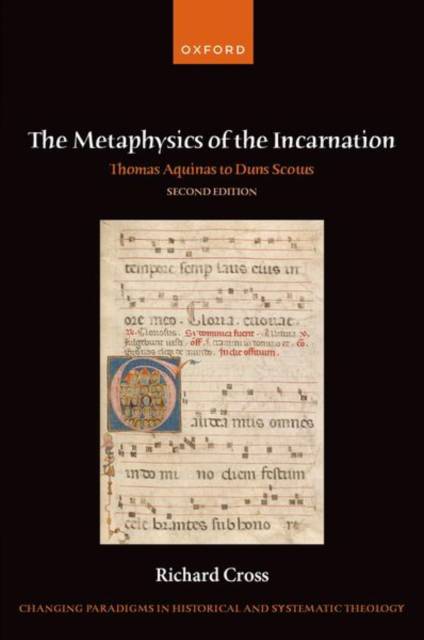
- Afhalen na 1 uur in een winkel met voorraad
- Gratis thuislevering in België vanaf € 30
- Ruim aanbod met 7 miljoen producten
- Afhalen na 1 uur in een winkel met voorraad
- Gratis thuislevering in België vanaf € 30
- Ruim aanbod met 7 miljoen producten
Zoeken
€ 158,95
+ 317 punten
Uitvoering
Omschrijving
This book provides a complete account of the metaphysical aspects of Christology in Western theology, during the years from 1250 to 1310. This period is the most significant for the theology of the middle ages, beginning with Bonaventure and Thomas Aquinas, and ending with Duns Scotus. The book opens with an extensive treatment of the different theories of the union between Christ's human nature and the second person of the Trinity: primarily that of Bonaventure, according to which the union is a kind of dependence relationship, and that of Aquinas, according to which the union consists in a sharing of the divine being with a human nature. The work proceeds to outline various theories that attempt to explain why it is that a human nature assumed to union with a divine person should not itself count as a person. It makes it clear that these theories about subsistence correspond to different accounts of the union. A final part deals with three issues: what the feature is of a divine person that makes it possible for this person to be united to a human nature (be it the person's divine nature, or the personal property that distinguishes the divine person from other such persons); and the question of Christological predication, as a prelude to, thirdly, a treatment of Christ's human activity.
Specificaties
Betrokkenen
- Auteur(s):
- Uitgeverij:
Inhoud
- Aantal bladzijden:
- 320
- Taal:
- Engels
- Reeks:
Eigenschappen
- Productcode (EAN):
- 9780198982142
- Verschijningsdatum:
- 30/06/2026
- Uitvoering:
- Hardcover
- Formaat:
- Genaaid
- Afmetingen:
- 163 mm x 241 mm
- Gewicht:
- 625 g

Alleen bij Standaard Boekhandel
+ 317 punten op je klantenkaart van Standaard Boekhandel
Beoordelingen
We publiceren alleen reviews die voldoen aan de voorwaarden voor reviews. Bekijk onze voorwaarden voor reviews.








